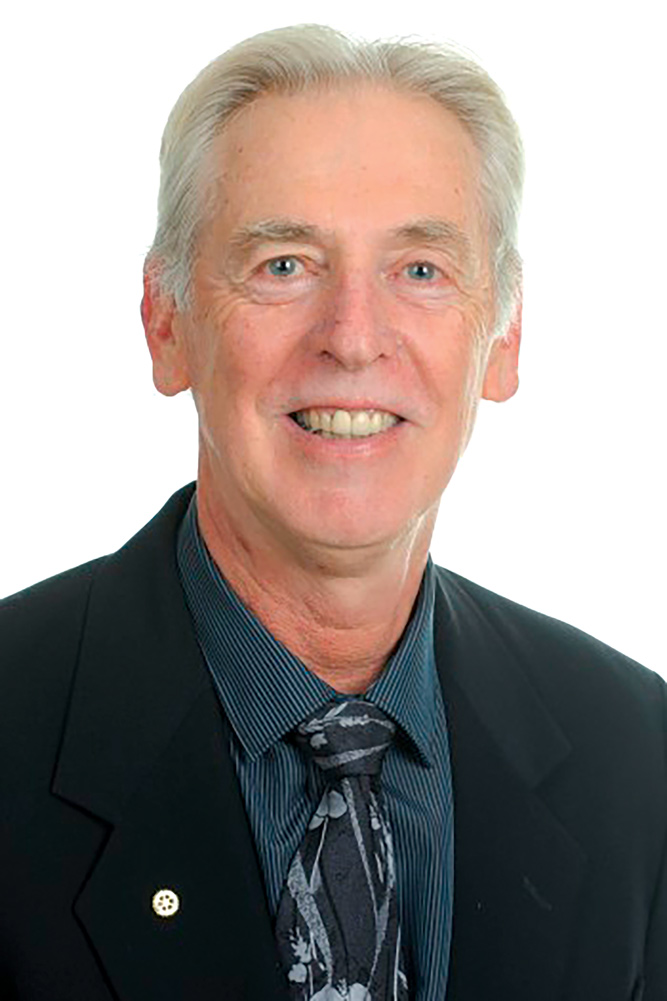To solve the crisis in general practice, we need to think like the mining industry, argues a former WA chair of the RACGP, Dr Colin Hughes.
The GP workforce crisis needs some out-of-the-box thinking. As well as the current position of the RACGP regarding capitation and moderate cost-of-living increases, do we need to rethink the quintiles to reward productivity and longer consultations?

We all know that our patients don’t read the text books and come in with just one complaint. Yet the current system rewards six-minute medicine and penalises those GPs practising holistic care, particularly female GPs seeing female patients.
Our rural colleagues’ circumstances also need radical thinking. Shouldn’t we reward their sacrifices and try to retain GPs by offering paid holiday study and long service leave?
Some may see this as an ambit claim and maybe it is, but we must be bold and get our GP colleagues behind us.
The definition of insanity is doing the same thing over and over and expecting a different result. It’s time the RACGP polled their members as to these proposals.
Change the quintiles as follows:
Level A 0-5 minutes: $20 simple injection, obtaining result with no intervention required.
Level B 6-10: $40 standard consultation requiring single issue examination and treatment, e.g. blood pressure check or immunisation; response to acute problem like colds and flu.
Level C 11-20: $80 more than one complex problem requiring examination and treatment plan and at least one age-appropriate preventive screening question, e.g. are you up to date with immunisation, Pap smear, cholesterol check, quit smoking, safe sex?
Level D 20-30: $120 for three complex problems or one major complex problem like management of diabetes requiring referral investigation, or mental health review.
The advantages
Firstly, patients are now being charged a gap fee of $40 particularly in areas where there is a GP shortage, e.g. Karratha.
GPs do have access to specific health items like care plans or mental health review, but patients have multiple, complex needs which don’t fit into boxes. GPs need the ability to deal with multiple, unrelated issues at the time of consultation.
Research shows productivity increases and patient visits decrease the longer you spend with patients. (In Norway the standard visit is 20 minutes.)
There is little or no incentive to raise preventive activities, yet research shows simple interventions and health advice is the single most effective intervention reducing morbidity and disease burden.
Easy to check compliance and stop rorting by clinical audits.
Rural GP crisis
We love working in remote and rural general practice. The biggest problem is the constant on-call and quality of life. It is essential that rural and remote GPs get adequate compensation for leave provision and that means fully salaried, with:
- 6 weeks annual leave
- 2 weeks study leave to attend conferences and reskilling every 2 years
- 10 weeks long service leave after 5 years
The advantages
This would both retain current GPs and also attract future GPs. If the mining industry can offer these kinds of conditions for working remotely, surely we can offer our rural colleagues similar benefits paid for by increasing royalties on mining exports and a super profits tax on the massive windfall profits made by big gas and coal.
(It’s a lot easier to sell to the community when you tell them it is for providing better GP services to the bush!)
Lastly, the future crisis of GP shortage reminds me of being at Manchester University Department of General Practice. To attract GPs, they offered salaries equivalent to a senior registrar in the hospital system.
HECS fees should be waived for all FRACGP graduates after five years of GP service.
We must think outside the square.
ED: Dr Colin Hughes is former head of Public Health East Perth and a clinical tutor at the Curtin Medical School.

